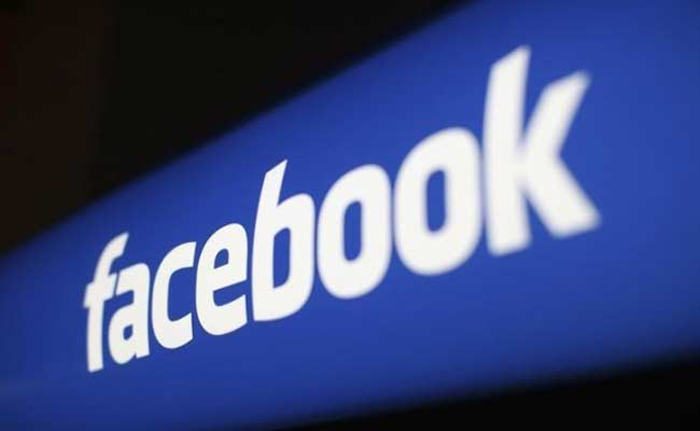Remember, for a second, that "liking" a post doesn`t just send a friendly message to the person who posted it. It also sends a signal to Facebook`s News Feed algorithm that you appreciate this type of content and would like to see more of it. So, despite the connotations of the word itself, the "like" button isn`t just about approval -- it`s an explicit signal of how important a given subject is to you.
That`s inherently very problematic, because most of us probably don`t approve of a lot of very important things. (For instance: police violence, North Korea`s nuclear experiments, Syrian refugees.)
Facebook has attempted to account for this by working a large number of other factors into its News Feed algorithm. But to some not-inconsiderable degree, we`re left with a system that still equates importance with positivity. And that means that, every time Facebook`s one billion global users visit their feeds, they`re greeted with a version of the world that is both rosier and less conflicted than the one we actually live in.
It`s no secret, for instance, that Facebook`s "trending" box prefers the popular to the substantive. (In the understated words of Re/code`s Kurt Wagner, "what is important on Facebook ... may be slightly different from what`s important to the New York Times.")
"The choice of `like` as a primary signal in the world`s biggest social network has substantive political consequences," sociologist Zeynep Tufekci wrote in an open letter to Facebook`s product team posted in August on Medium. "Facebook helps structure the world`s attention -- one of the most important, crucial resources of 21st century. There are no perfect choices, but the trade-offs are real, and involve human costs."
Tufekci has argued, as have some of Facebook`s other critics, that this conflation of approval and importance is the one that Facebook really needs to address when it reforms the like button. What we need, she has said, is something like a "+1" or "Important" option -- a way to explicitly tell the algorithm what we want to see more of.
Zuckerberg`s comments, on the other hand, suggest that the "dislike" or "empathy" button the company is working on will clarify another issue entirely: the difference between liking something because you approve of it and liking something because you want to express support or sympathy. (There`s also no indication that the button will let you signal disapproval -- i.e., "I hate this stupid conspiracy theory" -- perhaps because that would open the site up to a world of vicious trolling.)
In all fairness, we don`t actually know what form the new button will take. (My Washington Post colleague Brian Fung has suggested buttons that represent a range of alternative reactions, rather like the ones used by Buzzfeed.) And by addressing the social awkwardness of "liking" a sad post, Zuckerberg is getting at the issue that average users appear to care about most.
It`s safe to assume, I think, that the majority of Facebook users are not pondering the sociopolitical implications of their posts; in fact, many would doubtless prefer that Facebook remain a feel-good space, an experience "exquisitely attuned to our appetites," to quote the philosopher Matthew Crawford. That`s certainly the sort of experience favored by advertisers.
The problem with such experiences, Crawford says, is that "they can swamp your ordinary way of being in the world." As of this writing, my News Feed is dominated by a friend`s wedding pictures. I might like what I`m seeing -- but that doesn`t mean it`s good.
More about:
















































